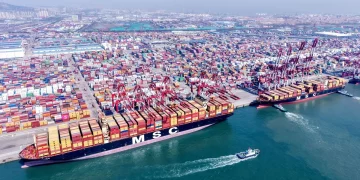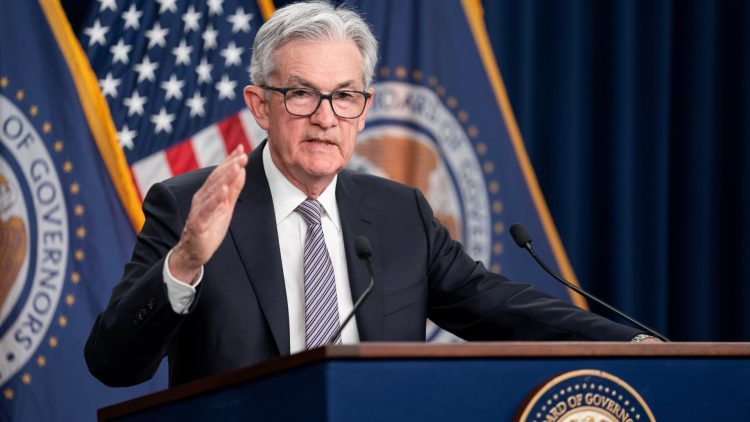In the intricate dance of economic policy and political maneuvering, the United States’ electoral cycle casts long shadows on the Federal Reserve’s hallowed halls of monetary decision-making. The assassination attempt on former President Trump and the unexpected withdrawal of President Biden from the 2024 race have injected a potent dose of uncertainty into the upcoming U.S. elections. Concurrently, the U.S. economy, long beleaguered by persistent high inflation and interest rates, anticipates a potential easing by the Federal Reserve. Yet, the timing and extent of such monetary relief remain shrouded in mystery. One ponders, then, what unfolds when the Federal Reserve’s path crosses with the U.S. presidential elections?
Presidential Influence on the Federal Reserve’s Decisions
The Federal Reserve has historically hoisted the banner of independence. In theory, to ensure this autonomy, it is institutionally challenging for a U.S. president to directly alter the composition of the Federal Open Market Committee (FOMC), especially those responsible for interest rate decisions.

In practice, however, instances of presidents pressuring the Federal Reserve Chair, prompting adjustments in monetary policy, are not uncommon. Notable conflicts between U.S. presidents and Federal Reserve chairs include those between Nixon and Burns, as well as Reagan and Volcker. Nixon’s tenure was marked by pressures that impacted the Fed’s independence. Upon taking office, Nixon attempted to influence the Fed by reappointing Martin and later appointed Burns as chair, exerting continuous pressure. White House tapes revealed Nixon’s threats of dismissal and power plays, frequent phone calls demanding lax policies, and refusal to nominate Burns’ recommended candidates as governors.
Moreover, presidents can indirectly influence the Fed’s monetary policy decisions by placing allies within the Fed’s framework. Changes in the Fed’s composition typically occur due to term expiration, voluntary resignation, or dismissal for malfeasance. Presently, the terms of Fed members like Kugler, Powell, Barr, and Jefferson are nearing their end, suggesting that the next U.S. president could start placing allies in their second year of office. Voluntary resignations have occurred in the Fed’s history, such as Raskin’s withdrawal in 2014 due to opposition from Senate Republicans and Stein’s resignation to return to academia. Dismissals for malfeasance are more challenging, requiring a cause such as misconduct and a Supreme Court ruling before the president can dismiss a member.

The Fed’s Potential for Deeper Rate Cuts
With the U.S. election less than a hundred days away, Vice President Harris has emerged as the Democratic presidential candidate, setting the stage for a head-to-head battle with Trump for the 2024 presidency. Regardless of the victor, economic issues will remain a key challenge. However, historical tensions between the White House and the Fed often arise during periods of high inflation. Presidents, aiming to fulfill economic recovery promises made during campaigns, advocate for lower interest rates to stimulate the economy, while the Fed, tasked with combating inflation, may need to implement tighter monetary policies.
Post-election, the Fed is likely to delve deeper into interest rate reductions. After a significant round of rate hikes, multiple sectors, including banking, have accumulated risks under high inflation and interest rates. More substantial rate cuts by the Fed could not only facilitate credit prosperity and ease financial conditions but also bolster U.S. economic growth. Additionally, if the new president aims to revitalize domestic manufacturing, reduce trade deficits, and strengthen global competitiveness, a weaker dollar becomes indispensable. The dollar’s trajectory is influenced by the relative economic fundamentals of the U.S. and other economies and is linked to policy interest rate differentials. With the European Central Bank already cutting rates, a strong dollar index is not conducive to the international competitiveness of U.S. goods. Finally, from a fiscal perspective, high-interest rates constrain fiscal maneuverability and increase debt burdens. Hence, faster rate cuts by the Fed would benefit the new president’s ability to increase fiscal spending and stimulate economic growth.


































